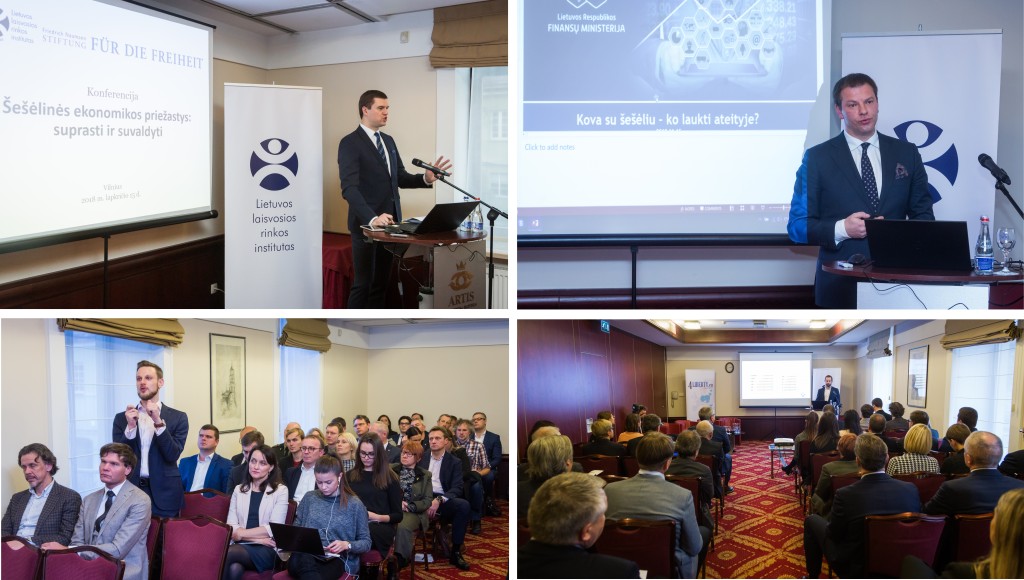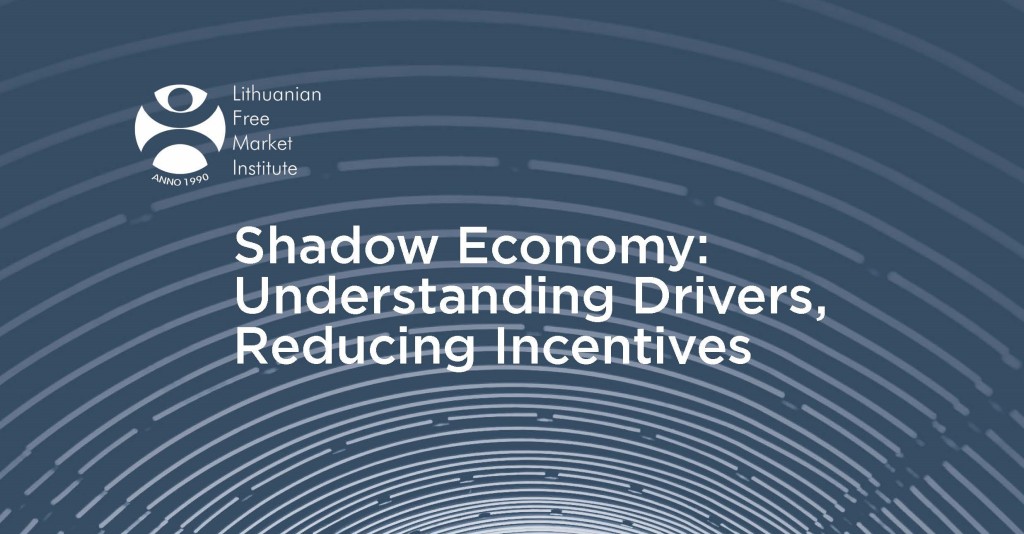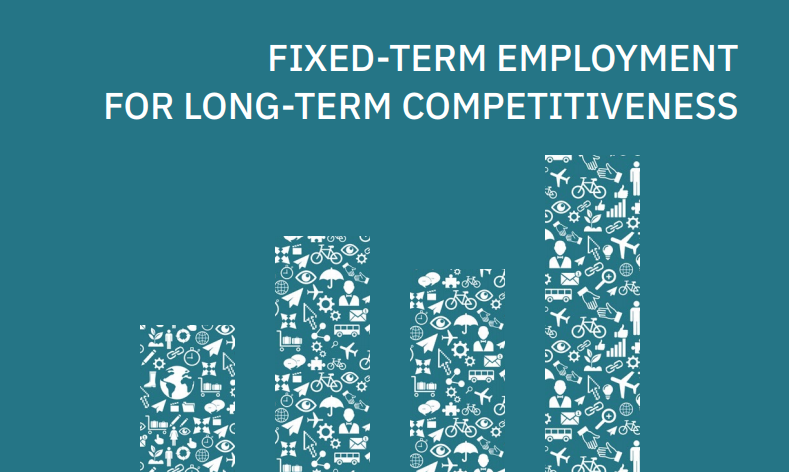
LFMI Holds a Conference on the Shadow Economy
BY
LFMI / November 20, 2018
On November 15, 2018, the Lithuanian Free Market Institute (LFMI) held a conference on the shadow economy in Vilnius to address the scope and drivers of the shadow economy in Lithuania and across Europe and to discuss the most effective policies in tackling the issue.












